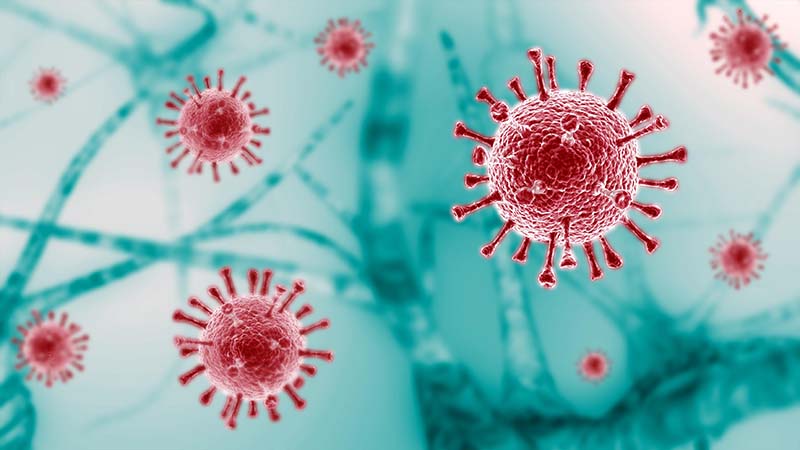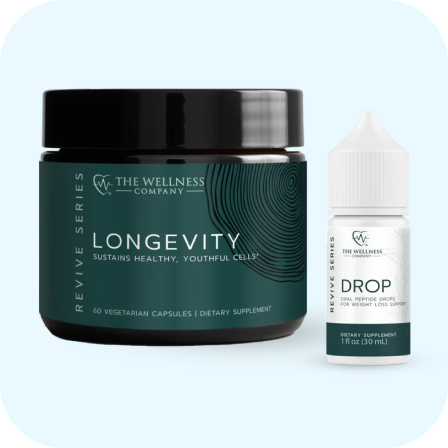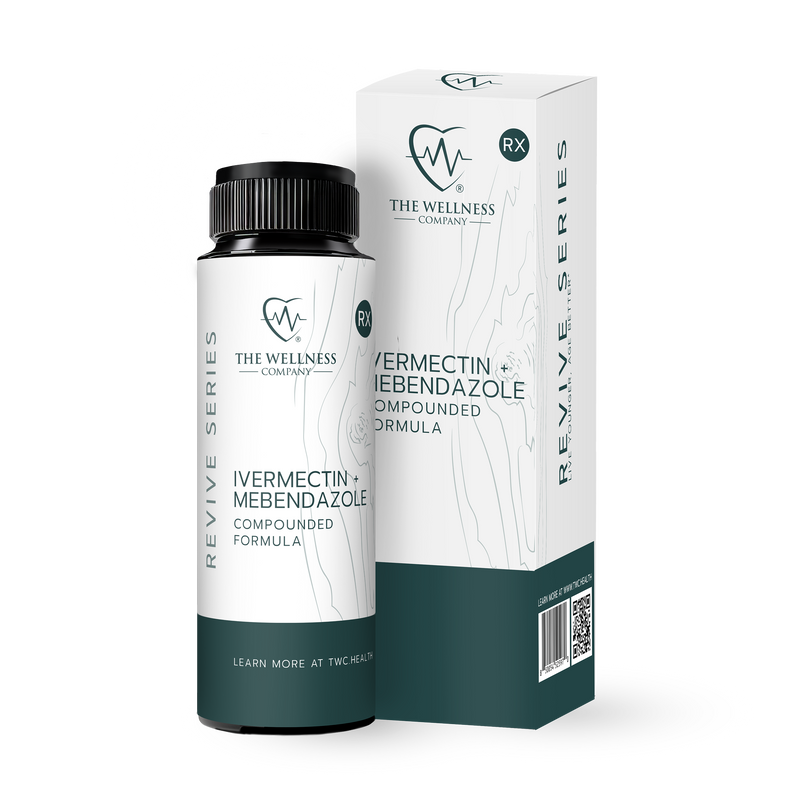How Long Can the COVID-19 Spike Protein Stay In Your Body?

As we grapple with the aftermath of the COVID-19 pandemic, much remains to be discovered about the virus, the mRNA vaccines and their long-term effects on our bodies. One area of particular interest is the spike protein, which is found on the surface of the SARS-CoV-2. Until fairly recently, it was unclear just how long this protein, which plays a crucial role in helping the virus invade our cells and appears capable of causing significant biological harm, can remain in our bodies.
For most people, COVID-19 symptoms usually last for a few weeks, but for a subset of those infected with the virus, symptoms persist even after the acute phase of the disease [1]. This condition, commonly called “long-COVID,” is technically known as post-acute sequelae of COVID-19 (PASC). Although estimates vary, it is reported that anywhere from one in ten to one to three people experience symptoms even after 12 weeks of diagnosis [2].
Recent Study Detects Spike 12 Months Post-Infection
The causes of PASC aren’t perfectly understood, but a recent study suggests that it is likely associated with elements of the SARS-CoV-2 virus lingering in the body [3]. The study in question measured SARS-CoV-2 antigen and cytokine levels in plasma samples collected from people who developed PASC.
The researchers found circulating spike protein in the vast majority of the patients with long-haul symptoms [3]. The detection of spike at multiple time points, even 2 to 12 months after infection, confirms that viral reservoirs can persist in the body well beyond the acute phase of illness.
The question, then, is what effect this could have on our health.
Harmful Effects of the Spike Protein
In the paper’s discussion, the researchers state that if viral reservoirs persist in the body of patients with long-COVID, circulating spike is liable to cause harm in several ways. First, spike protein has the ability to impair T-cell (an important immune cell) receptor function, potentially weakening immunity. The authors note this may account for the hyperinflammatory response they observed in severe COVID-19 and multisystem inflammatory syndrome in children in a prior study [4]. Plenty of other research supports this trend, indicating that PASC is strongly linked with elevated inflammatory markers [5]. Further, spike has also been shown to elicit dysfunction in pericytes, blood vessel endothelial cells, and the blood–brain barrier [6-8].
Bottom Line
The long-term persistence of the COVID-19 spike protein in the human body has major implications for our understanding of the virus and its long-term effects. Given the spike protein’s capacity to harm a host of biological processes – from immune cell dysfunction to blood vessel abnormalities – it is crucial that further research is conducted to fully comprehend the mechanisms underlying these lingering effects and identify therapeutic solutions.
Related Supplements
The Wellness Company’s Spike Support Formula contains the following ingredients:
- Nattokinase (degrades spike protein)
- Selenium (supports immune and blood vessel function)
- Dandelion root (acts as a detoxifying agent supporting better liver function)
- Black sativa extract (may facilitate cellular repair)
- Green tea extract (provides added defenses at the cellular level through scavenging for free radicals)
-
Irish sea moss (could help rebuild damaged tissue and muscle)
References
[1] Hirschtick, J. L., Titus, A. R., Slocum, E., Power, L. E., Hirschtick, R. E., Elliott, M. R., ... & Fleischer, N. L. (2021). Population-based estimates of post-acute sequelae of severe acute respiratory syndrome coronavirus 2 (SARS-CoV-2) infection (PASC) prevalence and characteristics. Clinical Infectious Diseases, 73(11), 2055-2064.
[2] Nalbandian, A., Sehgal, K., Gupta, A., Madhavan, M. V., McGroder, C., Stevens, J. S., ... & Wan, E. Y. (2021). Post-acute COVID-19 syndrome. Nature medicine, 27(4), 601-615.
[3] Swank, Z., Senussi, Y., Manickas-Hill, Z., Yu, X. G., Li, J. Z., Alter, G., & Walt, D. R. (2023). Persistent circulating severe acute respiratory syndrome coronavirus 2 spike is associated with post-acute coronavirus disease 2019 sequelae. Clinical Infectious Diseases, 76(3), e487-e490.
[4] Yonker, L. M., Gilboa, T., Ogata, A. F., Senussi, Y., Lazarovits, R., Boribong, B. P., ... & Fasano, A. (2021). Multisystem inflammatory syndrome in children is driven by zonulin-dependent loss of gut mucosal barrier. The Journal of clinical investigation, 131(14).
[5] Peluso, M. J., Lu, S., Tang, A. F., Durstenfeld, M. S., Ho, H. E., Goldberg, S. A., ... & Henrich, T. J. (2021). Markers of immune activation and inflammation in individuals with postacute sequelae of severe acute respiratory syndrome coronavirus 2 infection. The Journal of infectious diseases, 224(11), 1839-1848.
[6] Avolio, E., Carrabba, M., Milligan, R., Kavanagh Williamson, M., Beltrami, A. P., Gupta, K., ... & Madeddu, P. (2021). The SARS-CoV-2 Spike protein disrupts human cardiac pericytes function through CD147 receptor-mediated signalling: a potential non-infective mechanism of COVID-19 microvascular disease. Clinical Science, 135(24), 2667-2689.
[7] Lei, Y., Zhang, J., Schiavon, C. R., He, M., Chen, L., Shen, H., ... & Shyy, J. Y. (2021). SARS-CoV-2 spike protein impairs endothelial function via downregulation of ACE 2. Circulation research, 128(9), 1323-1326.
[8] DeOre, B. J., Tran, K. A., Andrews, A. M., Ramirez, S. H., & Galie, P. A. (2021). SARS-CoV-2 spike protein disrupts blood–brain barrier integrity via RhoA activation. Journal of Neuroimmune Pharmacology, 16, 722-728.






















